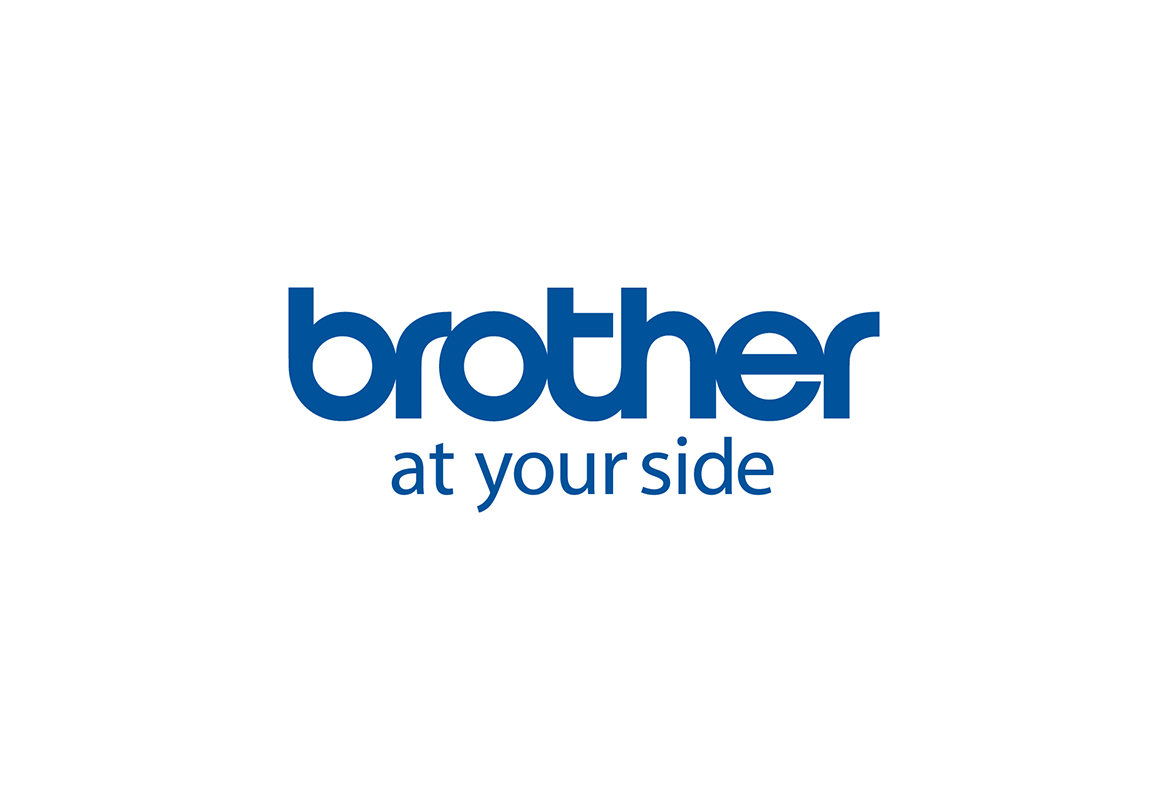
The successful attitude behind the Polpo restaurant chain
Rising from bartender to bar manager to expert restaurateur, Russell Norman's can-do attitude is matched by his belief in the value of frontline experience.
If Russell Norman had it his way, he would still be waiting tables in Soho rather than administering to a small empire of charismatic and successful eateries across the UK. Or at least that is how he tells it.
Mr Norman firmly believes that nobody should begin a business until they have been at its front line. And it is his experiences in the restaurant trade that have allowed him to do just that, rising from flair bartender and hands-on manager to the go-to expert on launches in the capital – and now co-proprietor of venues made in his singular image.
As a result, he frequently fields questions from would-be restaurateurs who have never washed a pot or pulled a pint in their lives. “I go and tell them to get some experience, as politely as I can,” he says.
Founded in 2009, Mr Norman’s restaurant business has Polpo at its heart. The original Soho restaurant (of which new incarnations and a cookbook have since been launched) was intended to be fun, casual and distinctly Venetian.
The approach reflected perfectly what Mr Norman intended, but “many people don’t like it, and still don’t like it”, he says. A small percentage of Polpo’s clientele cannot reconcile their expectations of the popular venue and its reality, presenting a challenge: leave them unsatisfied or change?
After much agonising, Mr Norman says the team decided to retain Polpo’s aesthetic – sans tablecloths and with wine served in well-worn glass tumblers, recognising that “to try to appeal to a very broad spectrum of people would actually dilute what I was doing, and dilute the offer” for its dedicated fans.
Mr Norman owes much of his success to faith, but research too. Restaurants are a notoriously difficult business to run, and the thousands in London suffer tremendously high turnover. He and his business partner Richard Beatty’s decision to launch a new venue at the start of the great recession was a huge gamble.
“I sort of flew in the face of advice, and did it anyway,” Mr Norman says – although, backed by a strong vision, sound reasoning, and an intimate knowledge of his market, he notes that he had stacked the odds in his favour.
The model that Mr Norman and Mr Beatty developed has paid off, with the two launching 11 restaurants in the years since, all without a financial partner (something that Mr Norman says he would have changed, such is the sense of responsibility over the staff and liabilities). “If you have a business that succeeds in a particular area, then for goodness’ sake take that as a lesson that that works and continue to do that,” he says.
What has he found most difficult about the move from manager to owner? Being moved away from serving tables, which he jokes is down to his role putting off staff, and his age putting off customers.
“It is largely what I expected,” he says. “But one thing I didn’t realise was how hard it is to let go.”




